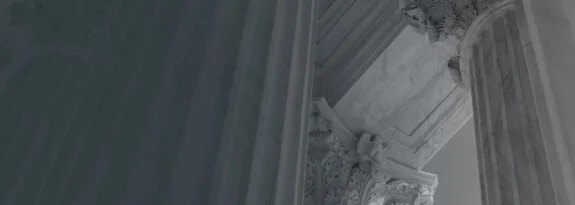Currently, doctors in the United States rely on two forms of treatment to combat Guillain Barre Syndrome – plasmapheresis and intravenous immunoglobulin. While both forms of treatment have proven to be effective in accelerating a patient’s recovery, researchers continue to look for new, and less-invasive methods to treat patients with this potentially life-changing disorder.
Eculizumab Enters Phase 2 Clinical Trials for Treatment of GBS
Researchers at the University of Glasgow in Scotland say that they may have found the first new treatment for Guillain Barre Syndrome in over 20 years. It comes in the form of Eculizumab, a drug that received FDA-approval in 2007 for treatment of certain autoimmune disorders other than GBS. Eculizumab is what is known as a “complement inhibitor,” meaning that it combats the activation of complements by antigen-associated antibodies. This “complement activation” is believed to play a role in the onset of GBS.
All medications sold in the United States must first receive approval from the Food and Drug Administration (FDA). FDA approval involves a series of five “Phases,” which are label 0 through 4. The FDA only approves drugs for specific uses, which is why Eculizumab is currently used to treat certain conditions but not GBS.
Eculizumab is currently in Phase 2 (the third phase) of the FDA-approval process for treatment of GBS. Phase 2 involves using clinical trials to evaluate both the effectiveness and safety of the proposed treatment. Pharmaceutical companies can take drugs to market after Phase 3, while Phase 4 requires further study of the treatment in medical environments.
The researches in Glasgow expected to complete the Phase 2 trials in March, it is hopeful that their research will soon confirm the effectiveness and safety of Eculizumab as a treatment option for GBS.
Guillain Barre Syndrome: A Medical Emergency with No Known Cure
Guillain Barre Syndrome is a potentially life-threatening autoimmune disorder that has been linked to the annual flu shot. While doctors remain equally uncertain as to both GBS’s cause and cure, evidence has suggested that getting the flu shot may increase individuals’ risk for contracting GBS.
While most people who contract Guillain Barre Syndrome only experience minor symptoms, some patients face serious consequences, including the risk of paralysis or death. As a result, any case of GBS should be treated as a medical emergency. Since there is no known cure, the treatment of GBS focuses on reducing the severity of symptoms and reducing the duration of recovery.
Have You Contracted GBS After Receiving a Flu Shot? Speak with a Vaccine Injury Lawyer Today
If you have been diagnosed with Guillain Barre Syndrome after receiving your annual flu shot, you may be entitled to no-cost legal representation to seek financial compensation under the National Vaccine Injury Compensation Program (VICP). For more information about your legal rights, call (202) 775-9200 or contact the Law Offices of Leah V. Durant & Associates for a free consultation today.
